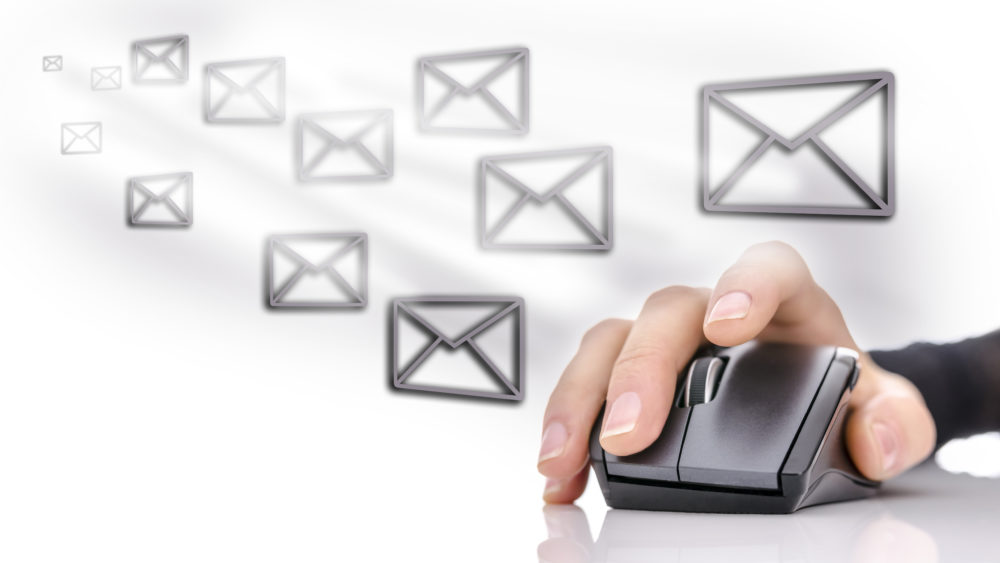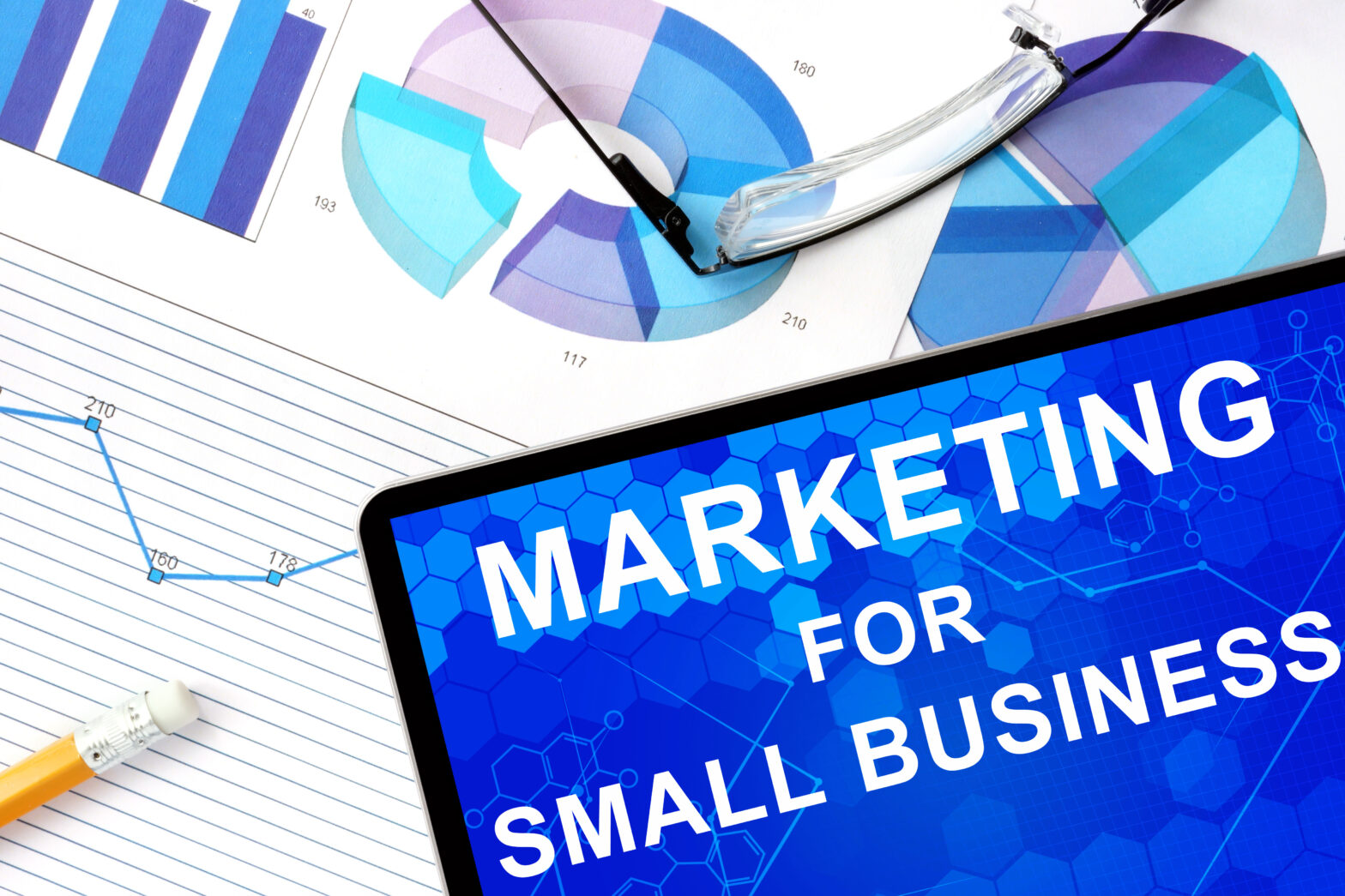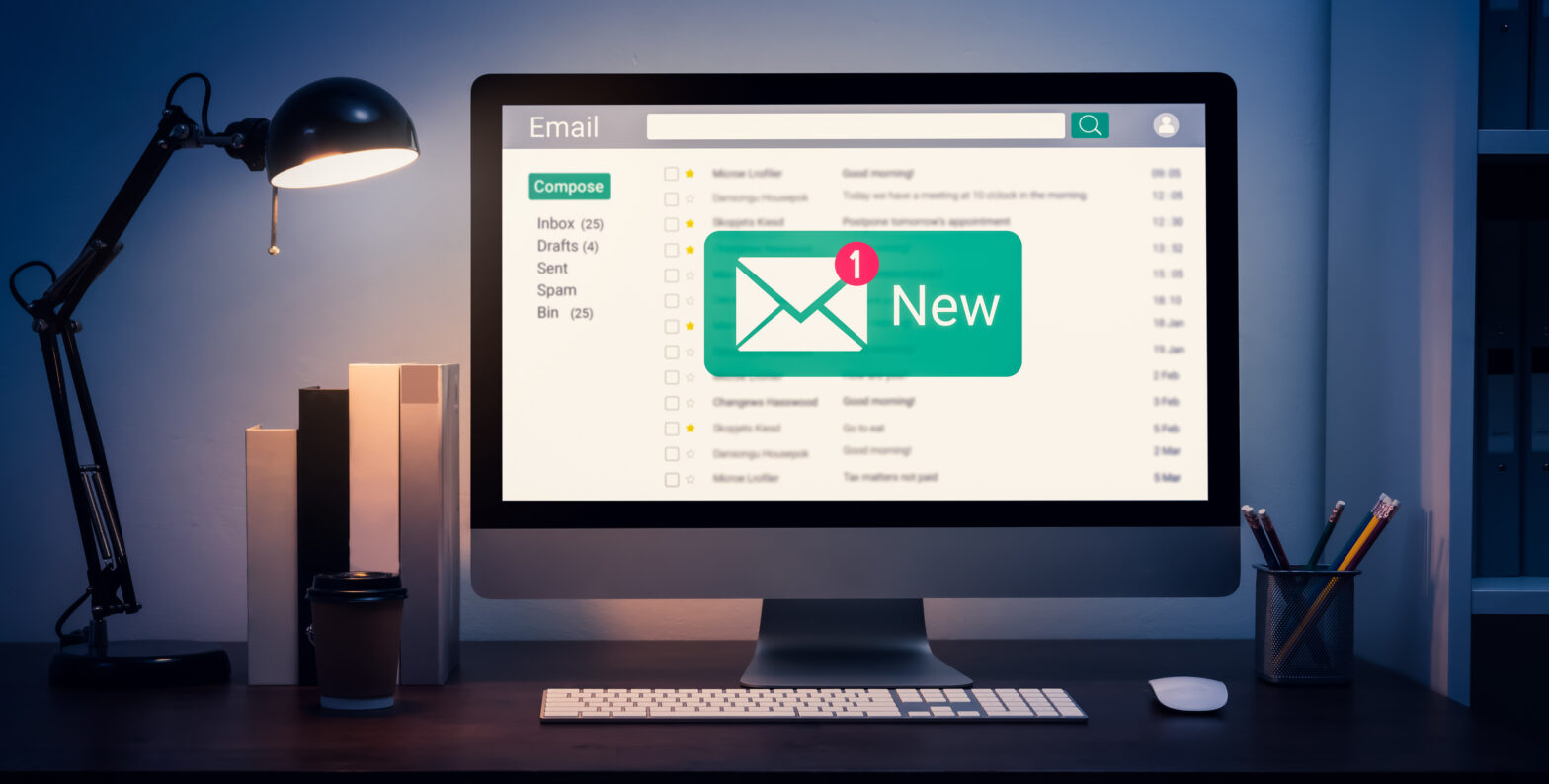With the rise of digital technologies and social media, many marketers think that email marketing is a thing of the past.
However, this couldn’t be more wrong! Research shows that there will be an estimated 4.4bn email users by the end of 2024 – and an estimated 4.9bn by 2027. This means that email platforms will be one of the largest and most used communication platforms leveraged by businesses to engage with their customers.
However, to make the most out of your email marketing services, businesses need to take a holistic approach towards crafting the right email marketing strategy. Luckily, there are many email marketing automation software platforms available to organise your email campaigns, schedule them and even offer analytics for their success.
Before you get started on this automation software, read on to find out how exactly you can engage your customers with email marketing and why it will continue to be important in the 2020s.
It enables personalisation
Email marketing allows businesses to create personalised content for their customers according to their purchasing patterns, behaviours, customer journeys and other factors. Use analytics and data trackers to understand what interests your customers have and what kind of content or products they show the most interest in.
For example, if your customers are interested in a specific clothing design from your product range, you can personalise their email content by including style trends or new design launches.
Use email marketing automation software to see where your customers lie in the marketing funnel and curate content accordingly. For instance, you can make drip campaigns to send welcome emails to customers who sign up for your email content or send abandoned cart emails to people who haven’t completed their purchase. These behaviour-triggered emails are great for effective email communication with your customers and make them feel valued.
It generates better results than most marketing channels
You will be surprised to find out that email marketing yields the highest return on investment than other marketing channels. For every dollar spent on an email, marketers can earn up to $44 (£32), according to Litmus. Moreover, it also has one of the highest conversion rates (66 per cent) – 40 times more effective than any other social channel.
To get better results, track your campaign’s metrics regularly. These metrics include engagement, click-through rates, bounce rates on your campaign’s landing pages.
Use automation platforms that provide data tracking and analytics and allow you to use the data to drive successful campaigns.
It saves costs
Compared to traditional marketing methods, email marketing is easy and cost-effective. You don’t need a big budget for advertising, printing or producing the ad, for starters. It also saves you from all the associated costs of hiring professional actors and film-making crew.
All you need is a graphic designer to create attractive visuals and some brilliant content to go with them – and you’re set. Moreover, the best part is that as consumer trends change and brands update their product lines, traditional advertising requires more budget for creating new ads that can be time-consuming too. On the other hand, digital ads that you can incorporate in emails are cost-effective, especially if you have a highly customer-centric brand that needs to update its promotional content often.
Additionally, since people are increasingly using their mobile phones, email marketing is a brilliant way of connecting with customers. They can easily access email content on phones which helps to improve brand awareness and brings in a decent amount of ROI. In fact, research shows that email marketing brings in $40 (£29) for every $1 spent.
It builds brand connection and loyalty
Emails are a great way of increasing brand awareness amongst your customers. You can send educational content regarding your brand’s mission, values and products and engage in a healthy discussion with your audience. When your audience has a better idea of what your brand stands for, they can connect and engage with it better.
To build a stable connection with your audience, create a long-term, consistent email marketing strategy that will keep your customers on their toes for the next email. The best way to do that is to create an email schedule and send all your emails at fixed times and dates. That way, your customers will know when to expect an email from you.
Also, ensure to balance your content around company information and general industry news to establish your brand as an authority in the niche. This builds trust with the audience and demonstrates that you’re not just promoting your brand but that you are also interested in offering value with each new email.
It integrates with your other marketing channels seamlessly
The best thing about email marketing is that it can seamlessly integrate with other social media platforms like Facebook, Instagram, Twitter and many more. For example, marketers can place social media icons at the footer of emails and ask the audience to follow them. You can display Instagram posts as a collage in your email content to show customers a glimpse of your brand’s Instagram profile. Many marketers also place a ‘Pin it’ option to their visuals in the email content to allow customers to save the images directly to their Pinterest account. This is a brilliant strategy to follow if your brand uses a lot of visual imagery and graphics.
>See also: Engage and sell – the ultimate guide to designing impactful marketing emails
Moreover, you can use emails to promote a webinar or a marketing campaign that your brand is running. With them, you get the additional benefits of promoting your campaign while adding additional content like a snippet from a video, BTS content or an exclusive invitation to the brand’s community.
Conclusion
Email marketing is a brilliant way of communicating with your customers and collecting valuable customer insights to build a cohesive customer journey and develop brand awareness amongst the audience.
The techniques mentioned above can help you develop a solid email marketing strategy that compels more people to connect with your brand.
Jay T Ripton is a freelance business, technology and marketing writer who’s written for the Guardian, BusinessInsider and Entrepreneur.com. Follow him on Twitter @JTRipton
Read more
A guide to successful email marketing – Andrea Blair from Hallam Internet, takes you through a six-step email marketing checklist.





